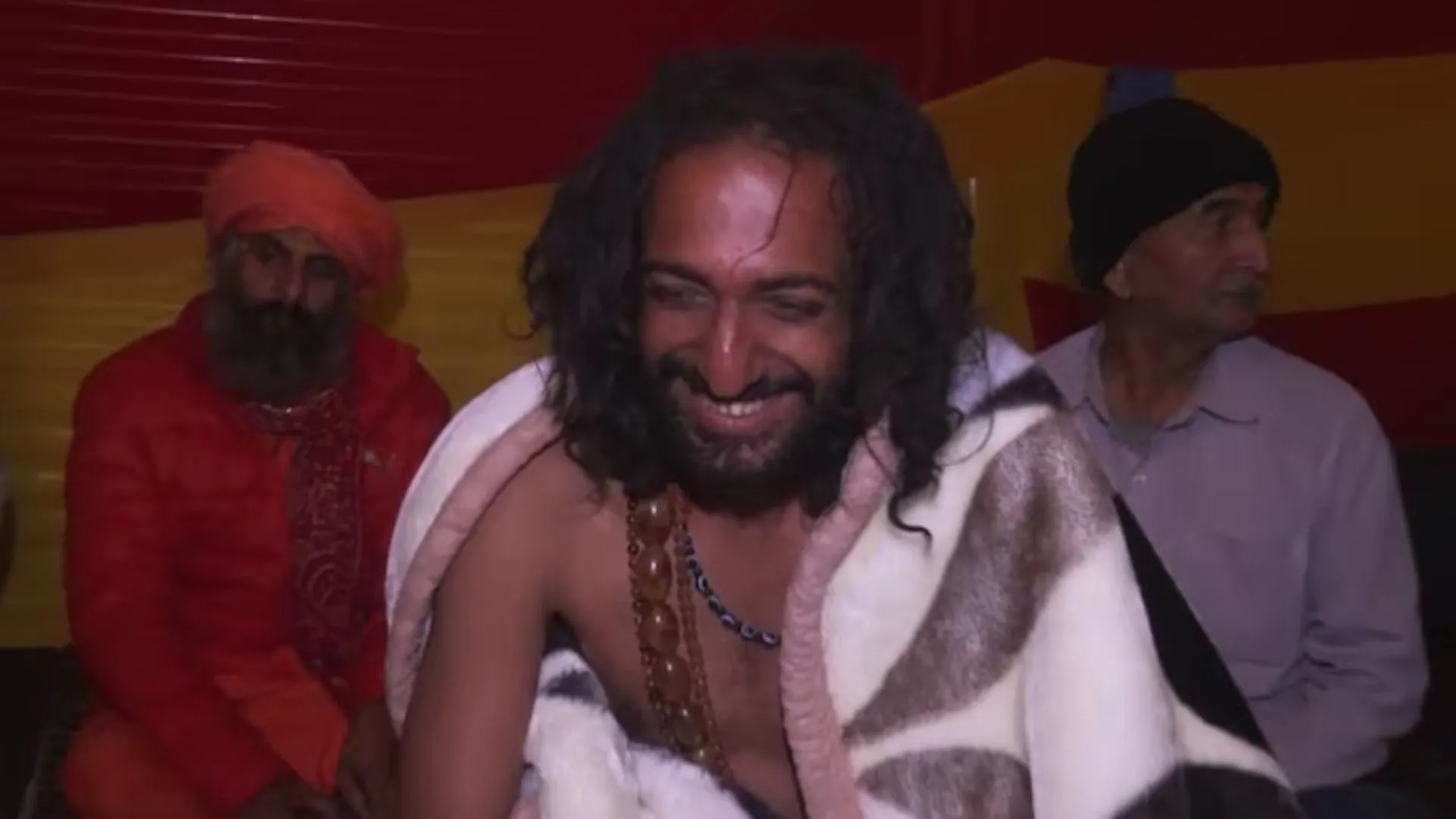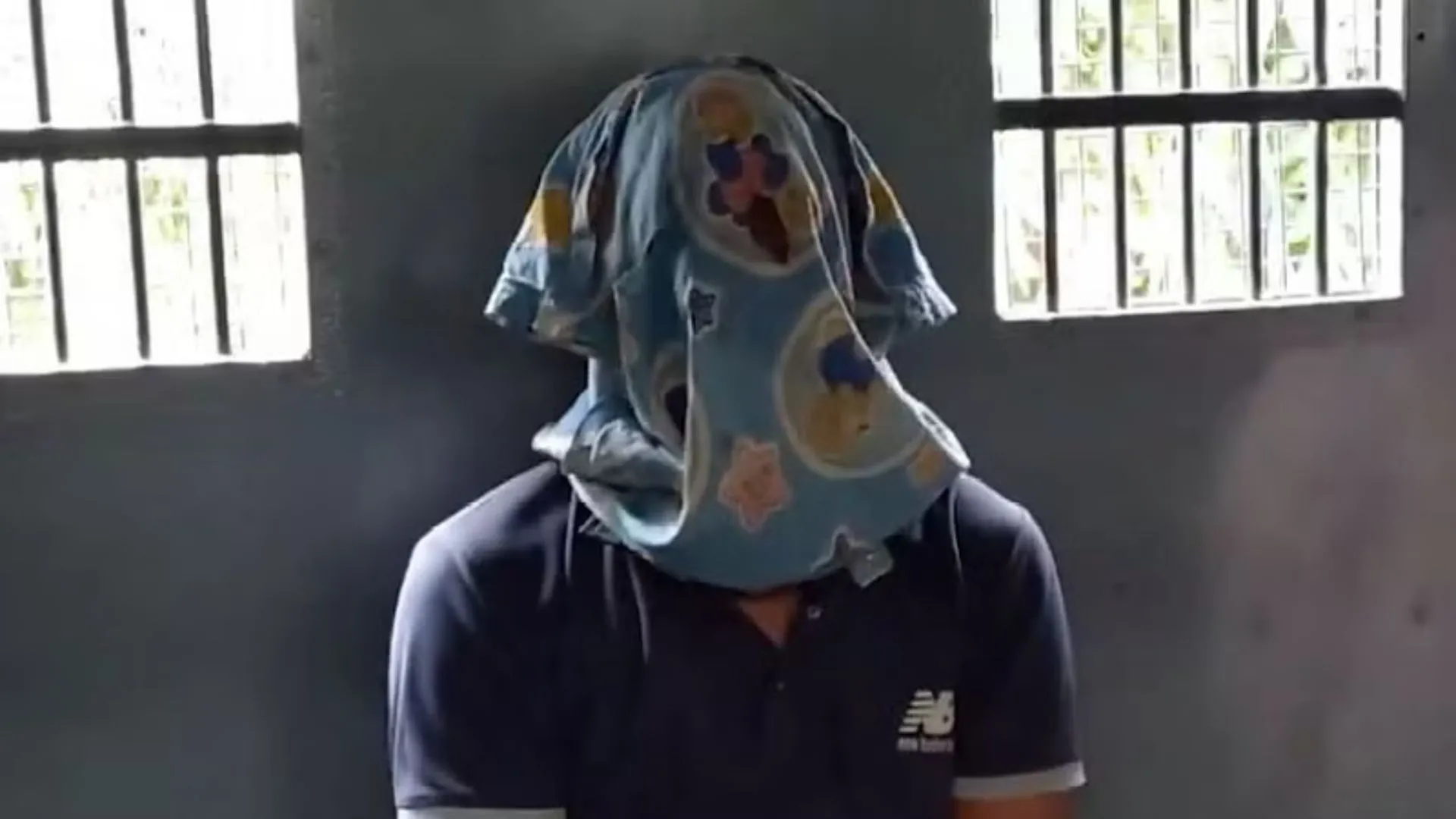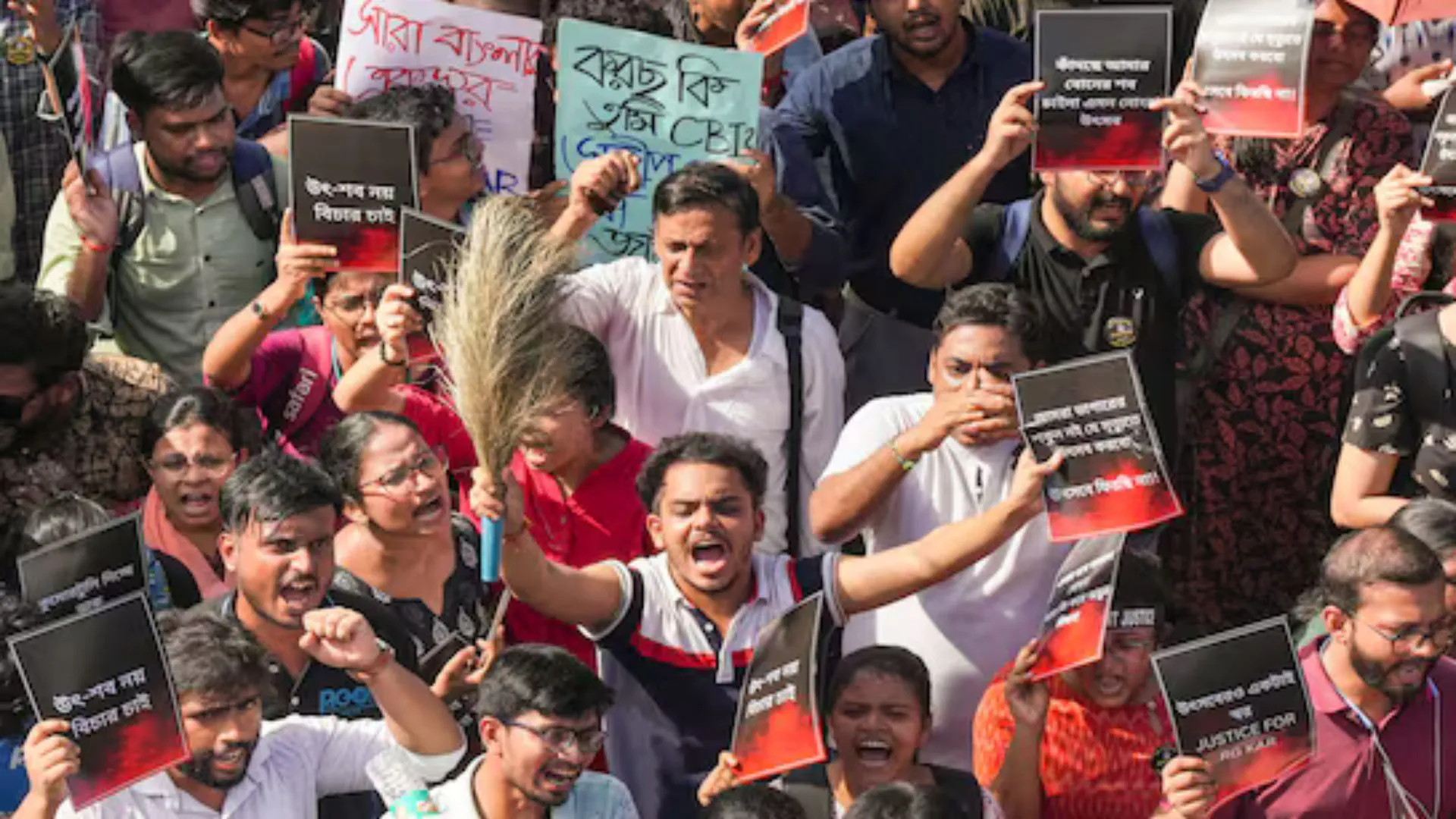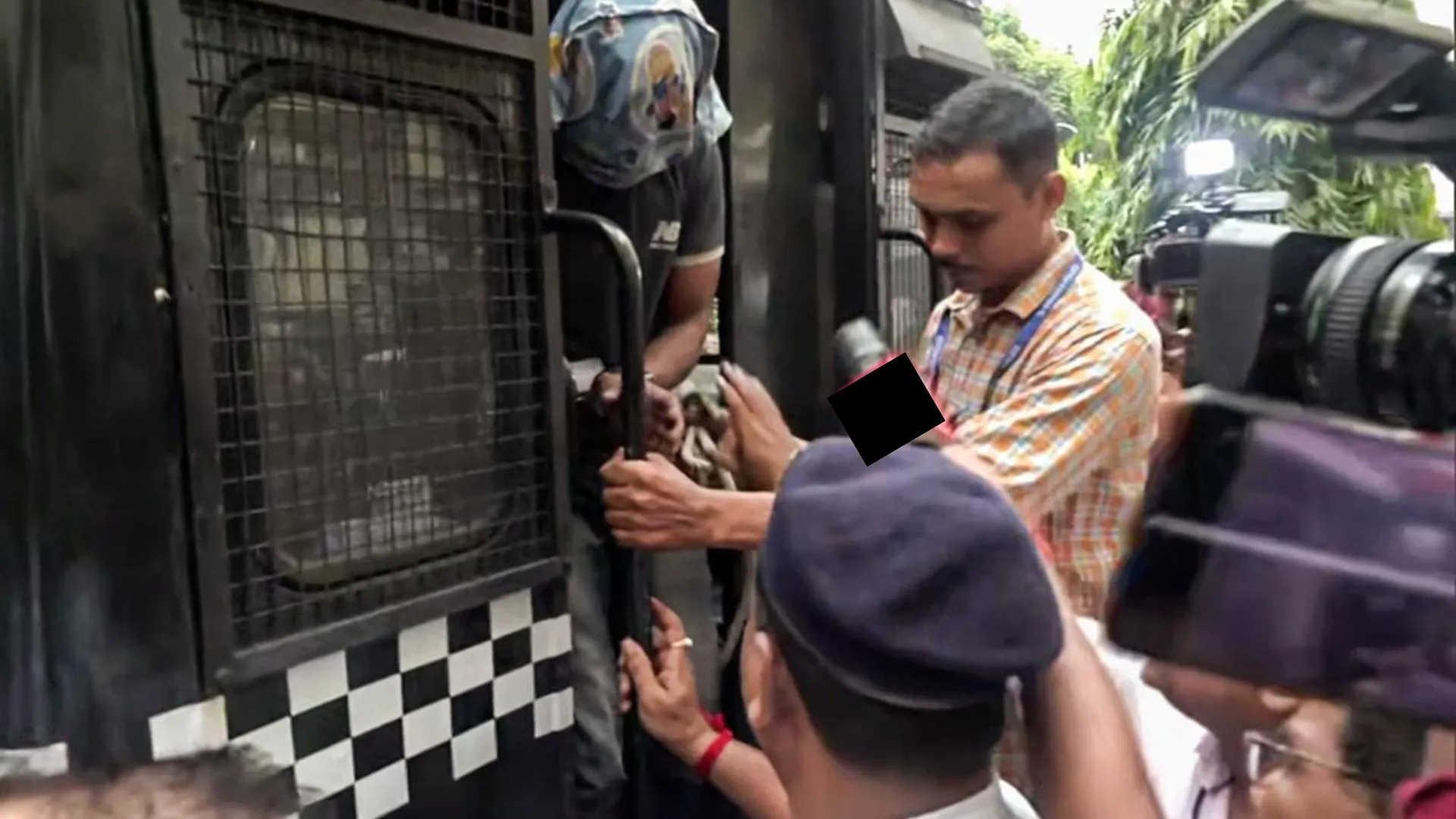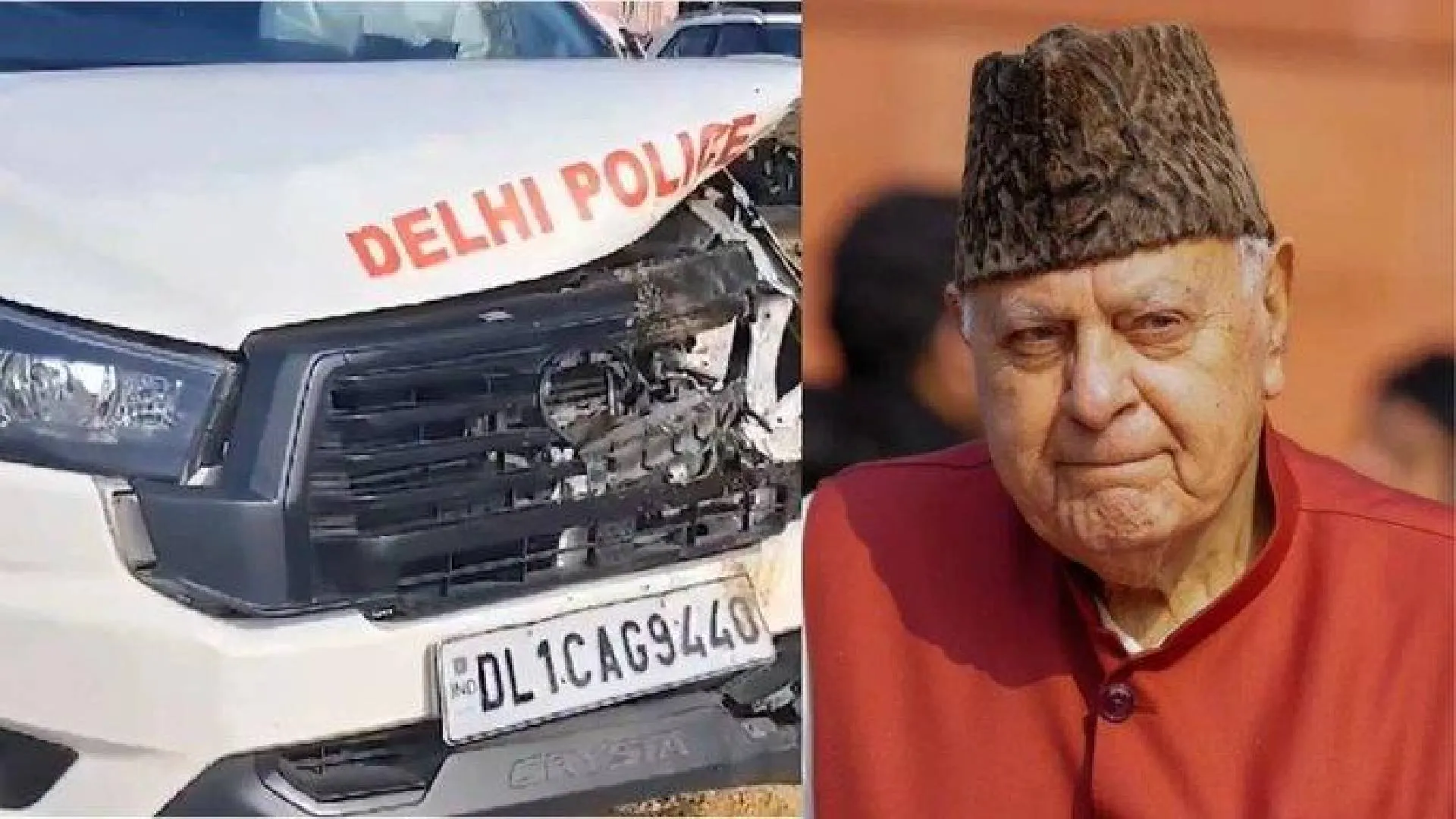Punjab and Haryana High court has overturned the termination of an Indian Air Force officer for contracting a second marriage without government approval, citing violations of his fundamental rights. The officer, a member of the Muslim community, was entitled under personal law to enter into a second marriage. However, before doing so, he was required to seek prior permission from the Central Government, which he failed to obtain.
The court noted that the officer had an unblemished service record and had diligently served the Air Force. It further observed that the officer’s first wife had consented to the second marriage, and there was no protest from her side, which could have served as a mitigating factor. Despite this, the authorities did not exercise their discretion in granting retrospective permission for the second marriage.
In its ruling, the court criticized the decision to terminate the officer, calling it harsh and arbitrary. It emphasized that depriving the officer and his dependents of their livelihood would breach their fundamental rights under Article 21 of the Constitution. The court also pointed out the lack of application of mind by the respondents in handling the case, particularly given the consent of the officer’s first wife.
As a result, the court quashed the termination order, allowing the officer to retain his job and his right to support his family, while also highlighting the need for a balanced and fair approach in such cases.


